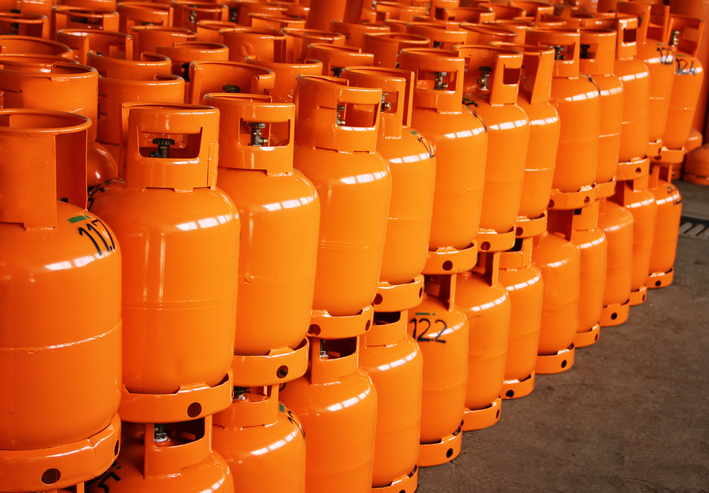 Florida’s Petroleum Restoration Program aims to reduce the impact of petroleum-related contamination and one way is through regulation of storage tanks. Site owners, project managers, and anyone else involved in construction activities at sites involving storage tanks should be aware of the laws requiring testing for Kerosene Analytical Group (KAG) substances and rely on a certified environmental testing laboratory.
Florida’s Petroleum Restoration Program aims to reduce the impact of petroleum-related contamination and one way is through regulation of storage tanks. Site owners, project managers, and anyone else involved in construction activities at sites involving storage tanks should be aware of the laws requiring testing for Kerosene Analytical Group (KAG) substances and rely on a certified environmental testing laboratory.
Petroleum Restoration Program and storage tank closures
In addition to licensing requirements adopted by authorities in Florida counties, state regulations require a closure assessment in conjunction with certain changes to a storage tank system.
According to Chapter 62-770 Florida Administrative Code (FAC), any owner or operator of a regulated substance storage tank system in Florida must obtain a closure assessment at any of the following times:
- A permanent closure
- Replacement of a tank
- Before installing a secondary containment system
- When changing service from a regulated substance to a non-regulated substance
The purpose of the assessment is to identify whether the operation of the storage tank led to any contamination and, if so, whether the contamination was substantial enough to warrant further action.
There are some sites that are exempt from the closure assessment requirement. These sites, however, should still prepare and provide to the Florida Department of Environmental Protection (DEP) a limited summary report explaining actions at the site and any data collected.
Testing for Kerosene Analytical Group
The Closure Assessment regulations call for testing soil and groundwater for Gasoline Analytical Group and Kerosene Analytical Group substances. The FAC defines Kerosene Analytical Group as “diesel, Jet-A, Jet-B, JP-4, JP-5, and kerosene or equivalent petroleum products”.
The DEP Division of Waste Management has developed guidelines for Storage Tank System Closure Assessments that are intended to meet the requirements of the FAC. The guidelines include sample collection, handling, and testing recommendations to ensure the results meet the FAC requirements. As with any other activities under the Petroleum Restoration Program, analysis should be entrusted to a certified laboratory.
The recommended soil sample analysis for KAG compliance includes:
- BTEX(Benzene, Toluene, Ethyl, Xylene)
- PAHs (Polycyclic Aromatic Hydrocarbons)
- TRPHs (Total Recoverable Petroleum Hydrocarbons)
- EDB
- Total Lead
Exact compliance with the standards is key. Determination of excessively contaminated soil, for example, relies on a statutory definition based on these laboratory results obtained in strict accordance with the FAC. These regulations determine they method of sample collection, the temperature at which the sample must be handled, and even the size jars to be employed and how the instruments are to be calibrated.
KAG analysis in Lakeland, FL
Navigating the requirements for the Storage Tank Closure Assessments and other features under the Petroleum Restoration Program requires careful attention to Florida statutes and regulations. It also requires accurate data and analysis provided by a laboratory authorized under the State of Florida Environmental Laboratory Certification Program (ELCP). Phoslab Environmental Services is ELCP-certified and proudly assists participants in the PRP.
Phoslab Environmental is a full-service environmental testing laboratory using state-of-the-art technology to deliver quick and accurate results. Phoslab employs a team of experienced professionals including chemists, biologists, and geologists to ensure the testing performed is tailored to client needs.
Call today to speak with a Phoslab professional about partnering with Phoslab Environmental for your Petroleum Restoration Program analysis.
Additional Kerosene Analytical Group resources
- Florida Administrative Code, 62-780.200. Acronyms and Definitions, http://flrules.elaws.us/fac/62-780.200/
- Florida Department of Environmental Protection, Storage Tanks: Rules and Forms, http://www.dep.state.fl.us/waste/categories/tanks/pages/rules.htm
